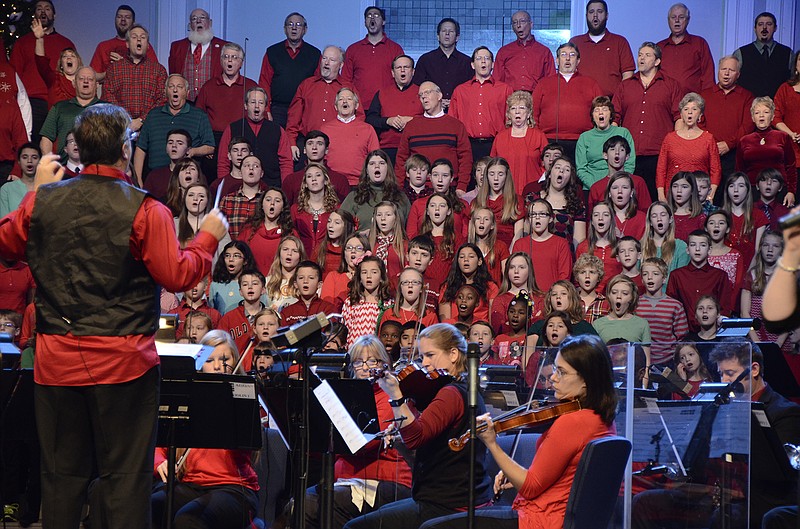WASHINGTON - Christmas remains wondrous, but it arrives at a difficult moment for Christianity in the United States.
We still see Christmas trees strapped to the tops of cars, neighbors lighting up their homes and kids getting as excited as ever. And the churches will be unusually full. This last point is revealing: A relative decline of religious observance has brought forth the "Chreasters," Christians who attend services only on Christmas and Easter.
Regular worshipers can be disdainful of the Chreasters. They make it hard for the loyalists to find seats in the pews and are, in a sense, free riding on those who, week in and week out, keep the institutions going.
But these twice-a-year visitors deserve our attention. While they do teach us a good deal about Christianity's challenges in our time, their semiannual presence is also testimony to the enduring hunger for the experience of the sacred.
Organized Christianity's problems are obvious. Consider that the most widely discussed and fastest growing religious group in the country is not, strictly speaking, a religious group at all. The "nones" are the people who tell pollsters that they are not formally affiliated with any religious tradition. They now account for more than a quarter of the population, and around 40 percent of Americans under 30.
Religious disaffiliation has many causes, including a belief among progressive young people that Christianity is a fundamentally conservative force (particularly on LGBTQ issues) and a widespread mistrust of institutions of all kinds. For those of us who are Catholic, the suspicion of religious authorities is aggravated by the child-abuse scandal that never seems to go away because the church's leadership has still not taken full responsibility for its failures.
Dan Cox, a scholar who is writing a book on the nones, also points to changes in family life, the prevalence of divorce and the rising number of religiously blended families as disrupting organized religion's traditional transmission lines.
All this culminates in the increasingly popular view that it is perfectly possible to live a rich spiritual life without becoming entangled in the complicated and compromised structures of churches and denominations.
The Chreasters, with their thin attachments to religious tradition, might be fairly viewed as a product of this transformation. But if they have simply chucked the whole thing, why do they keep coming back?
The great sociologist of religion Peter Berger offers a clue in "A Rumor of Angels," his 1969 book about the persistence of faith in the face of rapid secularization. The Chreasters reflect the stubborn refusal of human beings to give up on the transcendent. As the Christian writer Joseph Bottum put it last week in the (sadly) final issue of The Weekly Standard, Christmas sketches "a picture of a cosmos capable of love." Even doubters and tepid believers would rather not abandon the possibility that this very large claim is true.
Of course, non-believers revere justice, relationships and beauty, too. But my hunch is that Chreasters show up twice a year because some part of them is in rebellion against a society defined solely by self-interest and calculation, by the visible, the measurable and the tangible. They have an intimation that the world is made up, in the words of the Nicene Creed, of both the "seen and unseen."
I am, perhaps, risking a sin, common among those who write columns, by overanalyzing the Chreasters. The regulars would do well to cut them some slack. In a reading often used at Christmas services, John's Gospel tells us that "the light shines in the darkness and the darkness has not overcome it." In seeking and celebrating that light, we should stand in solidarity.
Washington Post Writers Group
